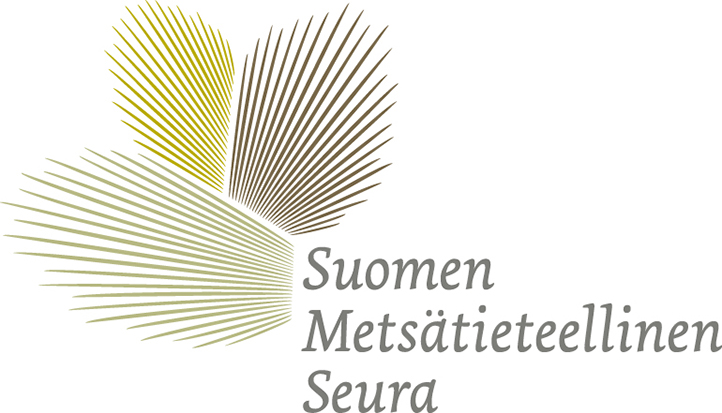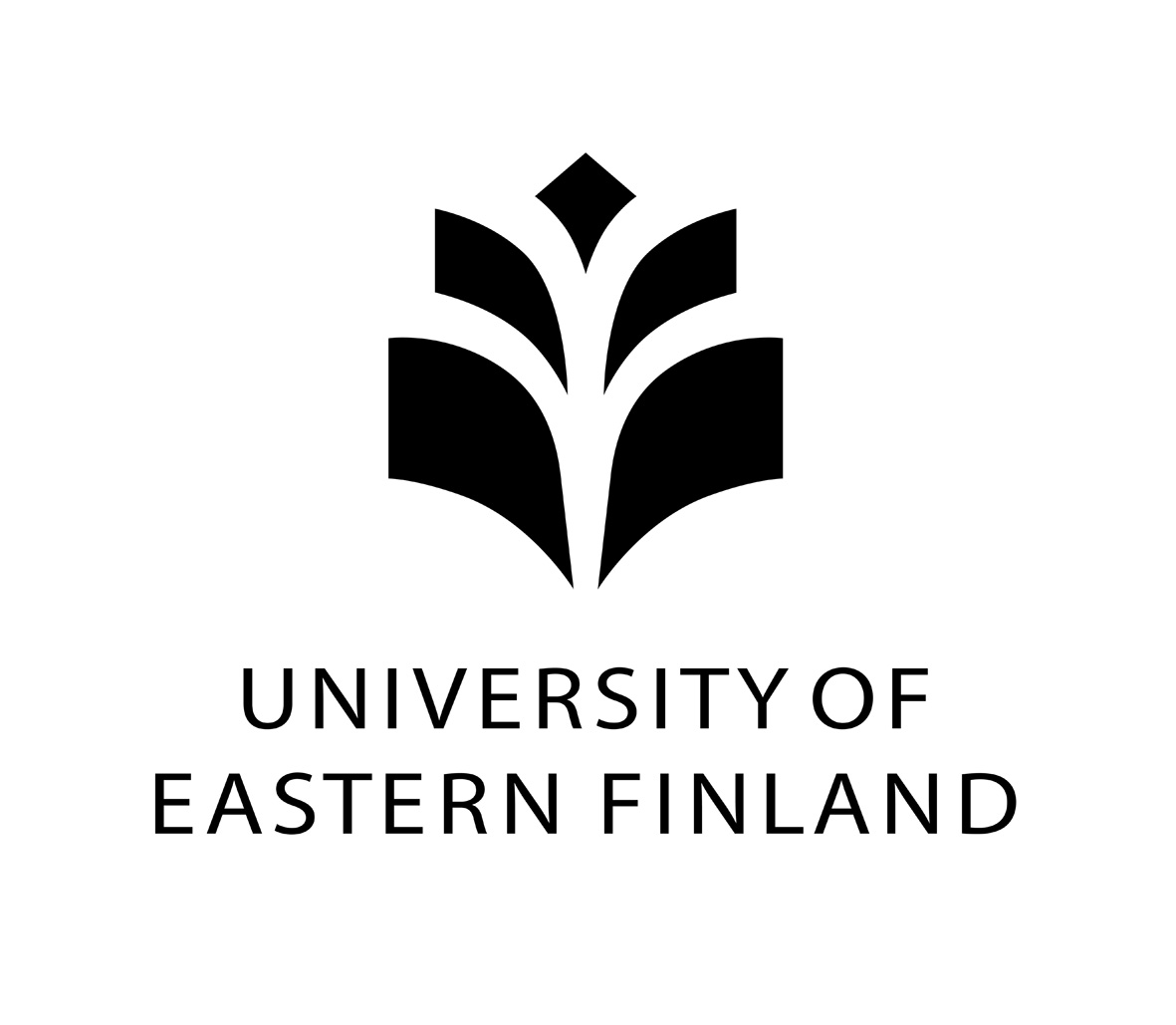Process redesign in development of forest biomass supply for energy
Windisch J. (2015). Process redesign in development of forest biomass supply for energy. https://doi.org/10.14214/df.189
Tiivistelmä
Wood plays an important role in the production of renewable energy in the EU which is going to grow further in the future. The economics of operations, however, are still critical. The aim of the present thesis was to investigate the potential of process improvement measures to increase the performance of biomass to energy supply operations. Article I and II investigated the organizational structure and business process for forest biomass procurement of a German integrated roundwood and energy wood procurement chain by means of business process mapping. The business process was then analyzed and redesigned by the method of business process reengineering. Furthermore, two new business processes were developed which are to be applied in procurement operations only for energy wood. Article III analyzed the raw material allocation process currently in use by supply chains from roadside storage to plant in the Finnish region of North Karelia. It developed an alternative, information-based process using data on the transportation distance, drying models for forecasting the moisture content and data on the volume of the storages. Discrete-event simulation was used to compare current and new processes and to analyze their effects on the economics of operations. Article VI investigated the cost-saving potential of improving data management and information logistics through the application of information and communication technology. Its profitability was analyzed by a cost-benefit analysis. The economic analysis of the business process reengineering showed that the reengineered To-be process can potentially cut costs by up to 39% relative to the currently applied business process. The information-based raw material allocation process could the energy content delivered by the supply chain by up to 9% over the entire year and by up to 29% during the peak period in winter when the fuel demand of the plant is highest. Applying ICT in to investigated cases in Finland showed a net present value of 212 739 € over a time span of ten years at an annual production of 150 000 loose-m3 in the first case. In the second case the net present value was even 969 841 € which seemed to be very high at an annual production of 37 000 loose m3. This thesis demonstrates that process improvement can considerably increase the productivity and cost-efficiency of existing forest biomass supply chains.
Julkaistu 16.2.2015
Katselukerrat 5821
Saatavilla https://doi.org/10.14214/df.189 | Lataa PDF

Osajulkaisut
Windisch J., Röser D., Mola-Yudego B., Sikanen L., Asikainen A. (2013). Business process mapping and discrete-event simulation of two forest biomass supply chains. Biomass & Bioenergy 56: 370-381.
https://doi.org/10.1016/j.biombioe.2013.05.022
Windisch J., Röser D., Sikanen L., Routa J. (2013). Reenegineering business processes to improve an integrated roundwood and energywood procurement chain. International Journal of Forest Engineering
24(3): 233-248.
https://doi.org/10.1080/14942119.2013.857833
Windisch J., Väätäinen K., Anttila P., Nivala M., Laitila J., Asikainen A., Sikanen L. (2014). Discrete-event simulation of an information-based raw material allocation process for increasing the efficiency of an energy wood supply chain. Manuscript.
Windisch J., Sikanen L., Röser D., Gritten D. (2010). Supply chain management applications – cost or benefit? Silva Fennica 44(5): 848-858.




